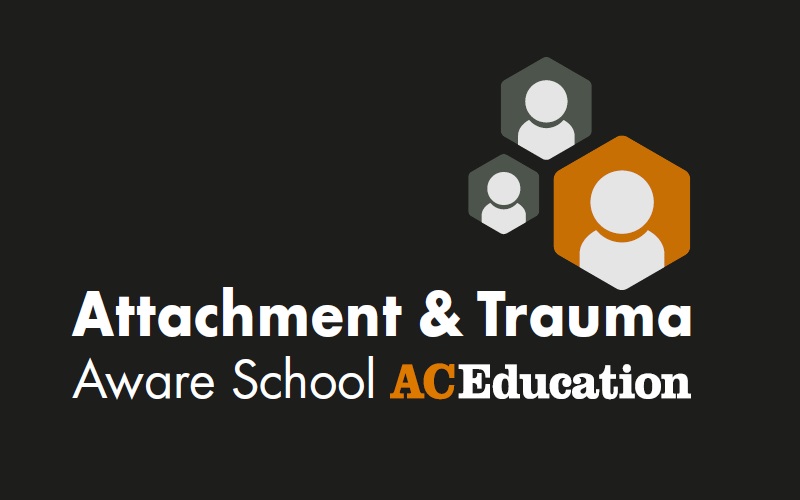Curriculum Package
Starting Point
Southway is a unique setting by many different measures and as such, requires a distinctive and creative approach to its curriculum design.
One facet of our vision for Southway is to take the best, most successful features of a traditional ‘Alternative Provision’ and blend them with the best features of a high-performing Independent School. We don’t hide from the fact that our Independent School status, places us at the same table as some of the country’s most salubrious, esteemed, and long-established schools. At the same time, we recognise that the young people we serve are some of the hardest to reach, some of the most educationally marginalised and are exposed to the most severe forms of deprivation and risk.
Student admissions are not linear like they are in a mainstream setting; we have as many students arriving between March and July as we do from the start of the academic year. Similarly, students on-roll are not equally distributed across all year groups and Key Stages. These are just two nuances that we consider when shaping our curriculum.
Due to their distinctive contexts, every student at Southway has a starting point that is peculiar to them, but our starting point is the same every time…
Implementation Informed by Assessment
Our primary strategy is to identify areas of strength and weakness, both academically and socially. It is crucial that we identify gaps in learning and gaps in support. As such, students do not join the main timetable until they have completed an array of nationally accredited on-entry assessments that furnish us with the information necessary to ensure that the curriculum they follow is suited to their needs.
Regular in-year assessments enable us to monitor progress and to re-evaluate a young person’s academic diet where necessary, informing class groups, timetable, and additional interventions.
A National Curriculum with Local Currency
In addition to identifying and addressing gaps in learning and need, we are mindful of our duty to provide a curriculum that has an equivalent breadth to that championed in the National Curriculum framework, but we aspire to develop a model that is also informed by relevant local issues and contextual information.
Our curriculum is guided, where relevant, by the most up-to-date contextual data available. In the future, students may compete for places in Further and Higher Education, training, and employment with contemporaries from across the country and they need to recognise their global citizenship, but we also believe that young people need to understand how their learning relates to the neighbourhoods and communities that they call ‘home’, now.
Innovation and Enrichment
Cultural capital is the dominant currency in terms of social mobility and as such, features prominently in many mainstream schools’ curriculums. Like these schools, we are committed to improving social mobility, supporting young people and their families to first overcome the barriers associated with deprivation, ill-health and disenfranchisement and second to expose them to experiences, knowledge and opportunities that broaden their horizons and enable them to be both optimistic and ambitious.
As such, our curriculum is forward-thinking in its design and riddled with opportunities for students to gain insights and experiences that they otherwise might not.
Furthermore, we recognise that for many students on-roll at Southway, ‘cultural capital’ starts with the simple; being able to socialise and interact in a polite and mature manner, being able to self-regulate under duress, to employ coping strategies during challenging situations and to be able to present themselves in a self-promoting manner, is as valuable to them as being able to name the Lead in La Bohème.
Overview
| Assessment-informed | Key Stage 3 | Key Stage 4 |
|---|---|---|
|
|
|
The nature of admissions in Key Stage 3 means that classes may include a mixture of Years 7, 8 and 9 students. Whatever academic cohort they belong to, these students are likely to have had a varied exposure to the Key Stage 3 curriculum in their parent school because of issues that impact their attendance. Furthermore, admission dates and placement lengths at Southway vary.
(This inherent variability is complicated further by the legacy of the pandemic, which has affected all students but particularly those in current school Years 7 and 8, who will have experienced a very fragmented end of Primary phase and little or no formal transition to Secondary).
With these factors in mind, the curriculum at Key Stage 3 has two core features:
- It is assessment-led because its primary aim is to identify and fill gaps in knowledge and understanding, not least because most Key Stage 3 students will either return to a mainstream or specialist setting, and not remain at Southway indefinitely; they need to be ‘ready to return’.
- It is cyclical in so much as it needs to accommodate as far as possible, students arriving throughout the academic year and students staying for periods that potentially span more than one academic year e.g., joining at Easter of Year 7 and staying until Summer of Year 8.





